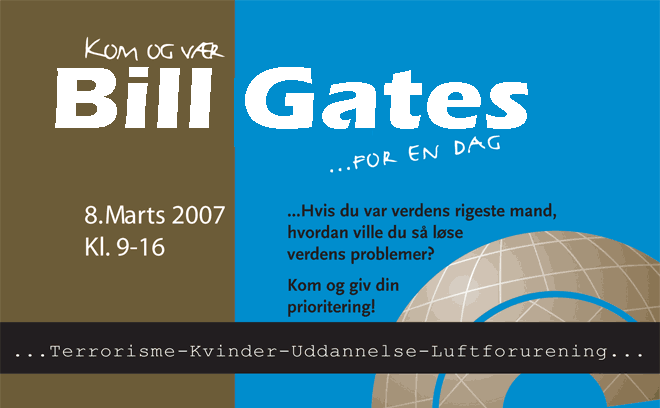Bill Gates for a Day: Subsidies and Trade Barriers
Assessment Paper
By Kym Anderson
Despite the net economic and social benefits of reducing most government subsidies and opening economies to trade, almost every national government intervenes in markets for goods and services in ways that distort international commerce. Those interventions have been reduced considerably over the past two decades, but many remain. Distortionary policies harm most the economies imposing them, but the worst of them (in agriculture and clothing) are particularly harmful to the world’s poorest people. This paper focuses on how costly those anti-poor policies are, and examines possible strategies to reduce remaining distortions, including via the Doha Development Agenda of the World Trade Organization (WTO) and sub-global preferential reforms such as the Free Trade Area of the Americas (FTAA) initiative.

